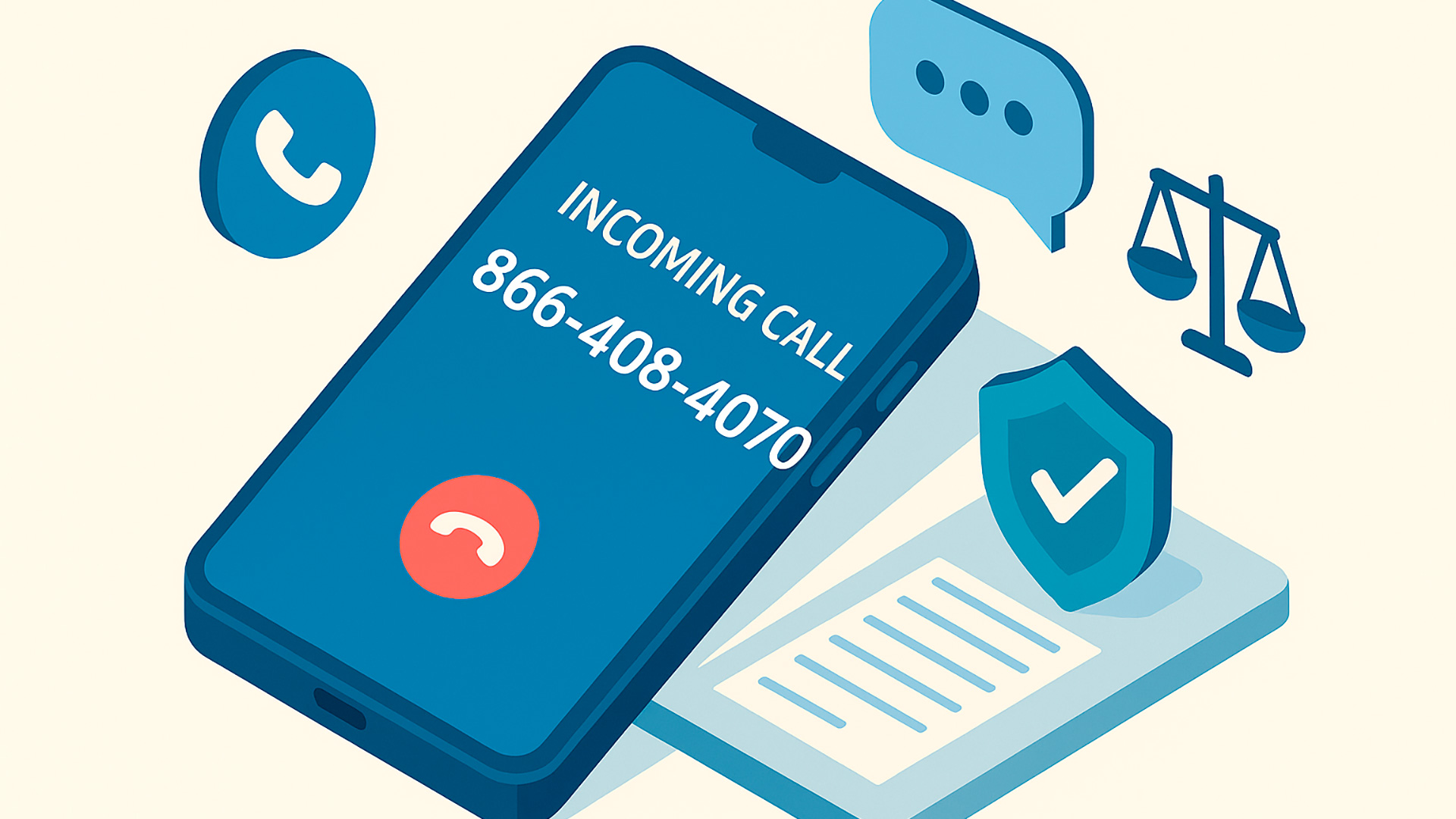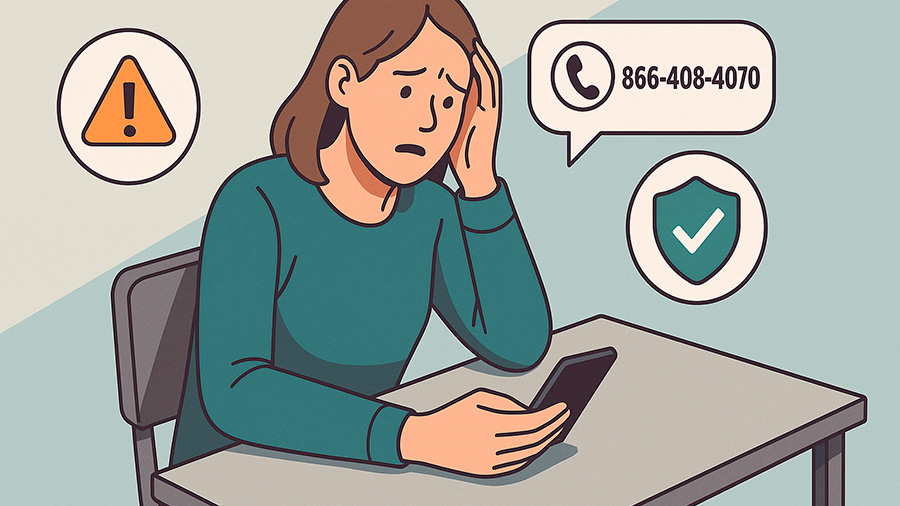
Almost everyone who has ever dealt with debt knows the uneasy feeling of seeing an unknown number flash across their phone screen. Sometimes it’s a local number, sometimes a toll-free line, but the reaction is often the same—anxiety. Behind many of these calls are debt collectors, companies working on behalf of lenders to recover unpaid balances. Understanding why they call, what rights consumers have, and how to respond is essential. This article dives into the psychology of collection calls, the laws surrounding them, and practical tips on staying calm and in control when you receive one.
Why Do Collection Calls Happen?
Debt collection agencies exist to recover money that lenders, credit card issuers, or service providers couldn’t collect on their own. When payments are missed for months, accounts often get transferred to third-party agencies. Their business model relies on persistence—phone calls, letters, and in some cases, legal action. From their perspective, contacting you directly is the most effective way to resolve outstanding balances. But for consumers, these calls can feel invasive and stressful.
What a Typical Call Looks Like
When you pick up the phone, the collector usually identifies themselves, mentions the creditor, and states the amount owed. The conversation might start politely but can become pressuring if the borrower seems hesitant. This is where knowledge makes a difference. If you know your rights, you don’t need to feel intimidated. Many people search for terms like 866-408-4070 Call Explained to understand the process before answering unknown numbers, and that preparation can change the outcome of the conversation entirely.
Legal Protections for Consumers
The Fair Debt Collection Practices Act (FDCPA) sets strict rules for how agencies may interact with borrowers. They cannot threaten, harass, or call at unreasonable hours. They are required to provide written validation of the debt if requested. Importantly, consumers can demand that calls stop, forcing agencies to communicate only in writing. These protections level the playing field, ensuring that even if you owe money, you are not treated unfairly.

Emotional Impact of Collection Calls
Debt is not just about numbers—it’s about stress, relationships, and mental health. Repeated phone calls can create a cycle of anxiety, leading some to avoid answering altogether. This avoidance, however, often delays resolution and can make problems worse. The key lies in separating emotions from strategy. Once borrowers understand their rights and options, the fear surrounding calls decreases dramatically. The more informed you are, the less intimidating the words on the other end of the line become.
How to Respond Calmly and Effectively
Knowing how to handle collection calls turns a stressful interaction into a manageable task. Below are steps borrowers can take when answering:
- Stay calm: Do not let emotions control the conversation.
- Take notes: Write down who called, the agency name, and the debt details.
- Ask for verification: Request written proof before making payments.
- Set boundaries: If calls become too frequent, invoke your rights under the FDCPA.
- Negotiate: Sometimes agencies will settle for less than the full balance.
Timeline of a Collection Process
Debt recovery does not happen all at once—it follows a pattern. This timeline helps explain what to expect:
| Stage | Time After Missed Payment | What Happens |
|---|---|---|
| Early Reminders | 30–60 days | Original lender sends reminders and statements |
| Internal Collections | 60–120 days | Lender’s in-house department starts calling |
| Third-Party Collections | 120+ days | Debt sold or assigned to collection agency |
| Legal Action | 6–12 months | Possible lawsuits or wage garnishment attempts |
Debunking Myths About Collection Calls
One of the reasons people panic about collection calls is misinformation. Some believe that ignoring the calls makes the debt disappear, which is false. Others think collectors can take money directly from your bank account without a court order, which is also untrue in most cases. Knowing the facts is a shield. Educating yourself makes it easier to separate real obligations from empty threats. That’s why resources that give insights, like 866-408-4070 Call Explained, are valuable—they break down what’s real and what’s just pressure tactics.
Debt collectors will always exist as part of the financial system, but borrowers are not powerless. By understanding why calls happen, what rights protect you, and how to respond effectively, the fear around debt collection diminishes. Collection calls are not the end of the road; they’re an opportunity to address financial challenges directly. Whether through negotiation, structured repayment, or legal protections, you have choices. The next time an unknown number rings, you’ll know how to answer with confidence instead of fear.
